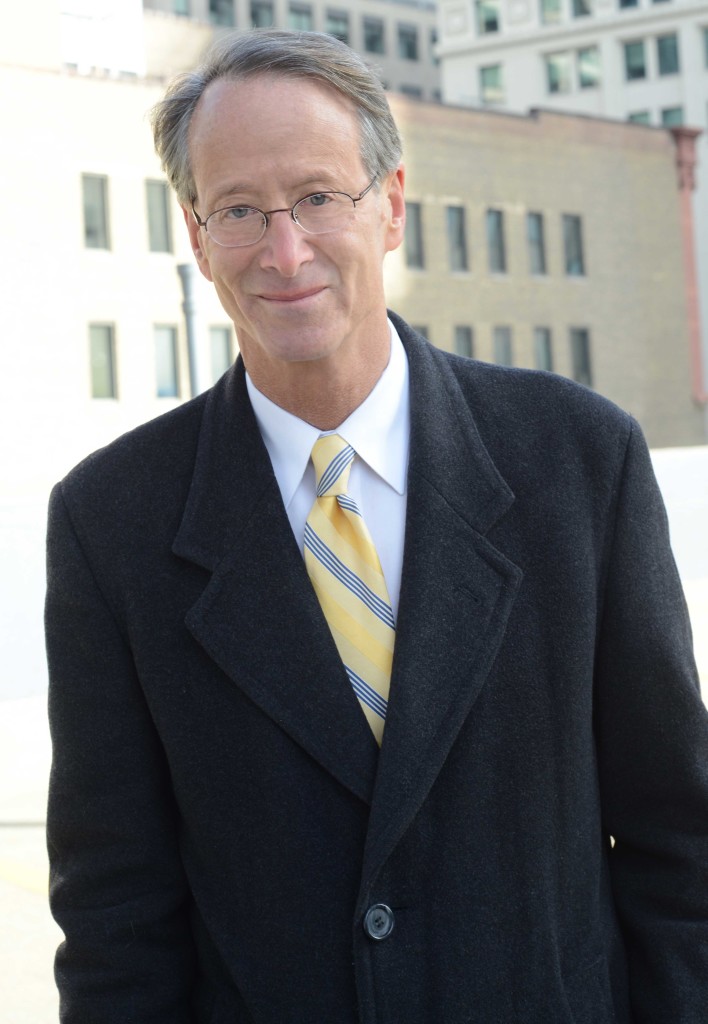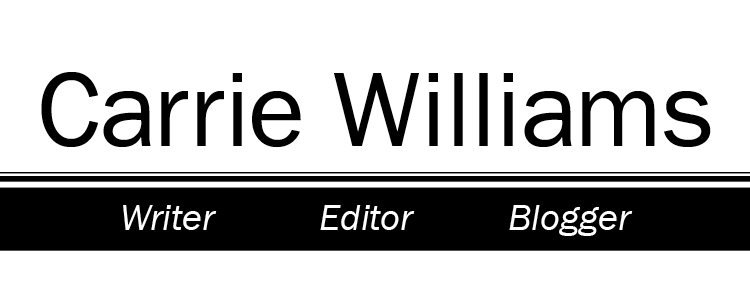Andy Shaw
CEO, Better Government Association
As a veteran investigative journalist, Andy Shaw was a natural fit for the Better Government Association (BGA). Hired as executive director in 2009 and promoted to CEO in 2011, Mr. Shaw prepared to lead the company in a new direction. He sought not only to expose corrupt government, but also to propose remedies for change.
Interviewing him on the anniversary of his last assignment with ABC 7, I asked Mr. Shaw if he misses the ‘thrill of the chase’ ever since he shifted to the corporate world. He smiled, recalling fond memories of his coverage of the 2009 Presidential Inauguration, when Washington, DC, was completely shut down and the ABC news team had to travel, on foot, to all locations in frigid temps. “I feel an enormous sense of relief,” he says. “As much as I enjoyed news coverage, especially on big events like the inauguration, it was one of the hardest assignments I’d ever had. On the other hand, it was very rewarding because it was a piece of history. So even though it was fun to be there, it’s a great relief to watch from a distance.” (A little factoid – the day I met with Mr. Shaw was also the day of President Obama’s 2013 Inauguration. Fate?)
Mr. Shaw may have stepped off the reporting field, but that doesn’t mean he’s out of touch with the journalism world completely. “At the end of the day, I’m a writer first,” he says. “I love to put words to put words to paper, tell stories and create images with words. I write a monthly column for Shore Magazine and a weekly column in the Sun-Times. I like to keep my head in the game because, even though I run a non-profit, I’m still a journalist at heart.”
Mr. Shaw says he left ABC because he was burned out after 30-plus yeas in the news business. “The last thing I expected to do when I left ABC was run an organization,” he says, “but I knew how government should work, having covered it all those years. And since the government was a mess at all levels, I thought joining the BGA was a great opportunity to rebuild a great organization that had fallen on hard times, make a difference and demand the government perform better.”
 Taking the lessons he learned throughout his career as a writer/reporter and pairing them with skills he acquired as BGA’s executive director, Mr. Shaw was more than prepared for the position as CEO, even though he’d never headed up an organization. “I never worked for a non-profit before, so thankfully our board of directors, donors and friends helped me acquire the necessary organizational skills when I was executive director. And four years later, we can point to a lot of successes, a lot of results, that suggest the government is on the mend – slowly but surely.”
Taking the lessons he learned throughout his career as a writer/reporter and pairing them with skills he acquired as BGA’s executive director, Mr. Shaw was more than prepared for the position as CEO, even though he’d never headed up an organization. “I never worked for a non-profit before, so thankfully our board of directors, donors and friends helped me acquire the necessary organizational skills when I was executive director. And four years later, we can point to a lot of successes, a lot of results, that suggest the government is on the mend – slowly but surely.”
Trying to rebuild a watchdog organization requires a lot of public outreach, and Mr. Shaw says the single biggest skill he brought to the table early on in his tenure with the BGA was communication. “I’m a professional communicator. So as we tried to rebuild the organization, I had to communicate our mission, goals and tools for change. Also, a lot of people already knew me, so I had a level of credibility. That’s hard to achieve if you’re not visible. Credibility though visibility and communication skills were key.”
As part of the BGA’s efforts to uncover problems and propose solutions, Mr. Shaw believes some of the best attributes of Chicago/BGA journalists are that they “dig deep, discover issues and try to change them. Nothing’s swept under the rug. At the BGA, we have a fairly large staff of trained investigative journalists. Many of the leads/tips come my way because people know me, so I pass them along. I tend to do more policy analysis. I speak out on issues, but I don’t do the legwork in the investigations. We have about six full-time investigative journalists and a group of freelancers.”
And as for the amount of government corruption the BGA continues to uncover, Mr. Shaw is sorry to see it happen as often as it does. “I’m sorry three members of Illinois state legislature are under corruption charges, even after two governors have gone to jail. I’m sorry to hear about University of Illinois at Chicago’s study showing 300 cases of police corruption over the past few years. People just don’t get the message. Lessons aren’t learned sufficiently.”
For years, Mr. Shaw has seen investigative reports, news reports and public outcries over plenty of issues with nothing being done to change them. “I compare it to a thunderstorm,” he says. “There’s been a lot of noise, a lot of rain, and everybody puts up their umbrella or runs for cover. Then, a half hour later, the sun comes out and people go back to business as usual. So exposing corruption and bad behavior is just the first step at the BGA. It doesn’t do a lot of good if it’s not accompanied by proposals for reform. That said, every time we do an investigation we also suggest changes that would improve the situation. These investigations have to be accompanied by remedial proposals and lobbying campaigns to make them happen.”
When the state legislature abolished legislative scholarships that had been badly abused by lawmakers for years, Mr. Shaw says it was a great example of BGA ‘watchdog work’ at its best. “We told a lot of stories of lawmakers who abused the scholarship programs, awarding money to sons and daughters of political friends rather than needy students,” he explains. “But we also pushed hard to get those scholarships completely eliminated. We had an advocacy campaign online, bombarded lawmakers with emails and, at the end of the day, they gave up a very popular and powerful perk. If you tell a story and then suggest reforms and push hard for them you can accomplish something.”
However, although Mr. Shaw has seen his fair share of dishonest government officials/policies, he doesn’t believe Chicago is any more corrupt than other cities. “We’ve celebrated our corruption over the years,” he observes. “It’s part of the ethos of the city. We have this reputation burnished by playwrights and moviemakers. We’re famous for infamous gangsters, rogue journalists and corrupt politicians. It’s become part of our lore. But the same elements that make a government corrupt here exist in almost every other big city whether it’s New York, Boston, Cleveland, Detroit, Philadelphia or New Orleans. They’ve had plenty of corruption. It’s just that we tend to talk about it more and it’s more a part of our reputation.”
On a positive note, Mr. Shaw observes small improvements in the government even if some officials are still trying to play the system for profit and power. “I’m an optimist,” he insists. “If I weren’t I wouldn’t do this job. And I have to think if we work hard and expose these problems and suggest remedial solutions, sooner or later it’s going to get better. I see it happening slowly. We have to keep pushing forward to eventually create a government that works for the public and not the public officials.”
Mr. Shaw says it’s important for public officials to speak out and try to self-correct. “Public officials ought to take it upon themselves as part of their obligation to root out problems, expose them and correct them. There are a lot of good public officials out there, and it’s important for them to be proactive and do things on their own rather than having to be prodded. So when you see public officials doing the right thing, just because they should, not because they’re told, it’s encouraging.”
The CEO also has tremendous respect for women in politics/business. “I’m honored and thrilled to be in TCW, because I have more experience with and respect for women than most men do. I’ve worked with and for women my entire life – all of my bosses at ABC over the last decade were women. At the BGA, half our staff is female. And, to me, politics fairs better with more women in the mix because they have more sensitivity and sensibility – less of an ego – than men. The empowerment of women in all companies, including the BGA, creates a better product and environment.
I have three daughters myself. My oldest is a lawyer who worked at the White House and was a clerk on the U.S. Supreme Court. My middle daughter is the CEO of an education consulting company, and my youngest is running a digital library program at the University of Iowa. I’m enormously proud of all three of them, and they’re a great example of what happens when you really work hard to empower your daughters. I took the role of fatherhood very seriously. I felt it was as important as my career. And I always thought if I worked hard with the girls, they were gong to have the strength and ability to do great things, and it’s worked out beautifully. They gave us hell as teenagers, but turned out to be fantastic women.”
Matt Ferguson Photograph

Leave a Reply